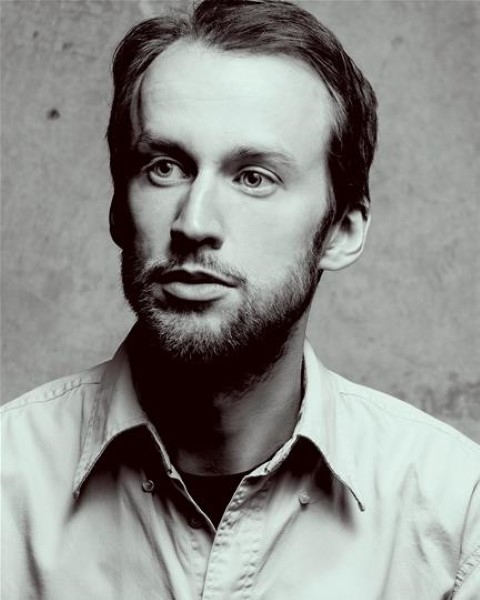5 minutes with Mark Arends

Theatre maker, writer, director and actor Mark Arends returned home to Liverpool with his beautiful family-friendly production At the End of Everything Else last week. Packed with puppetry, animation and music, it tells the heart-warming story of a young girl who sets out on a mission over land and sea to find her lost friend, a little bird named Tito. We caught up with Mark to find out more about the ideas behind the carbon-friendly production which, for its duration, is uniquely pedal powered!
Can you tell us the inspiration behind the creation of At the End of Everything Else?
I'd not long finished our first show Something Very Far Away and was on the lookout for ideas to make something new. I wanted to make something that talked about responsibility, both to each other and to the planet. Around that time I stumbled upon an article about the Pacific Trash Vortex, a giant mass of plastic in the middle of the ocean. Plastic doesn't biodegrade and due to oceanic currents much of the garbage and trash which ends up in the sea is gathered together to create a sort of plastic island or soup.
This is a man made problem caused by excessive and wasteful living, responsible for untold damage to the environment, particularly fish and sea birds.
The over consumption of plastic goods worked well as a metaphor for living within (or outside of) our means, like the electricity that we create in the show with our bicycles: we create what we need and use only what we create... The rest followed from there.
How does your pedal power generate the energy needed for the duration of the show?
An amazingly clever man named Colin Tonks (who runs Electric Pedals) made our bicycle generators. The trick is not only in pedalling as hard as we can but also in finding the most efficient equipment that we can use.
Why do you think it's important that children learn about being environmentally and carbon friendly?
These are issues that are important to everyone and will become more so in the years to come. If there are solutions to some of the problems we face they will come from today's children. It's important that they grow up knowing that there are challenges to come, but also that no challenge is insurmountable.
You're from Liverpool and have a long association with e&P... what was it like to get one of your first roles in Urban Legend at the Everyman?
It was amazing. I loved that play and yes, it was one of my first roles and in my home theatre. It was a real dream come true.
What does it mean to be bringing At the End of Everything Else home?
It's been an ambition for such a long time to get one of our shows up here. We tried a few times with Something Very Far Away but it never quite worked out. I can't wait to see it on the brand new Everyman stage!